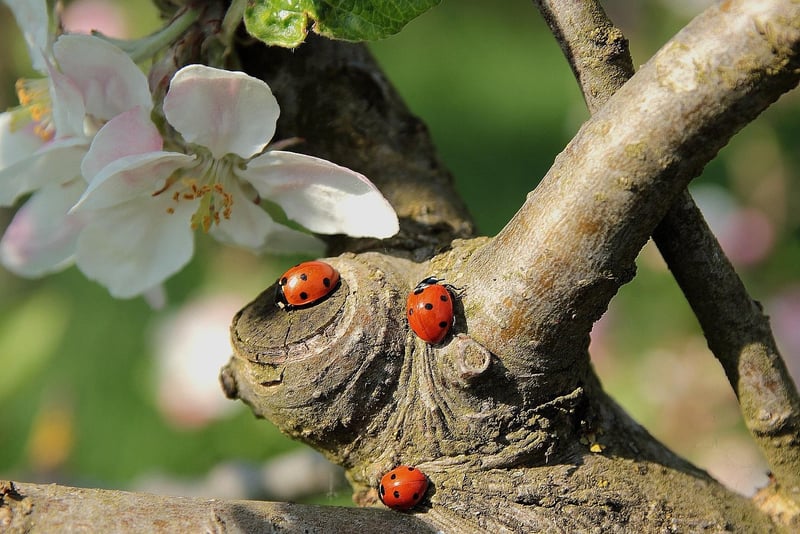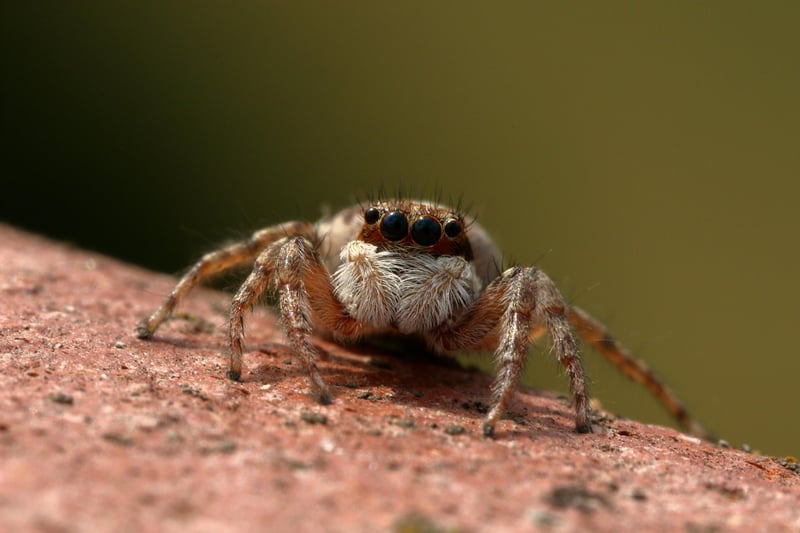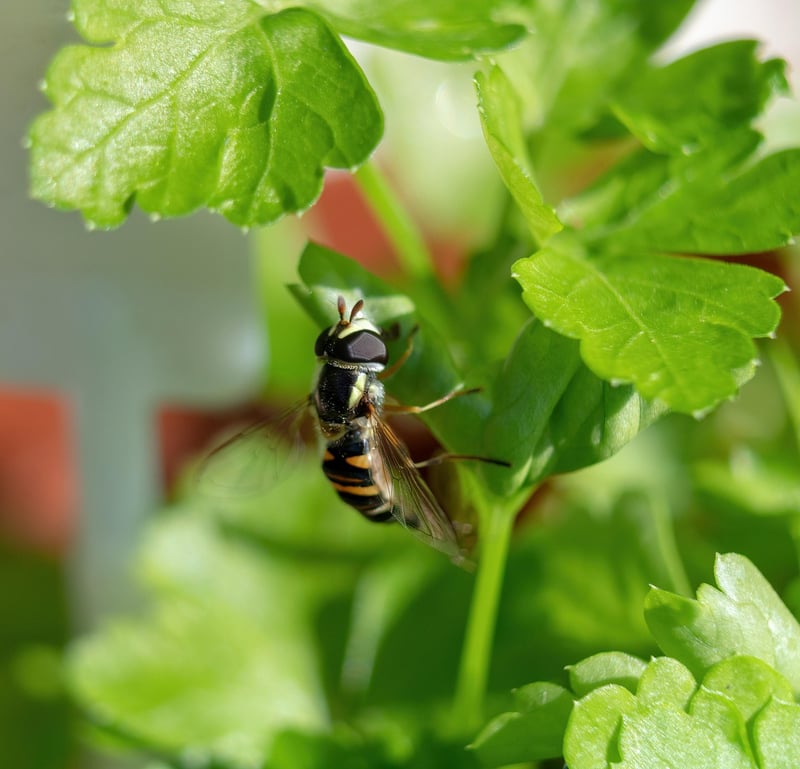Beneficial insects
Protecting Your Plants with Beneficial Insects
Are you tired of dealing with pests that wreak havoc on your garden? Instead of reaching for harmful chemicals, consider enlisting the help of beneficial insects to protect your plants naturally. These little helpers can be incredibly effective at controlling pests and promoting a healthy garden ecosystem.
What are Beneficial Insects?
Beneficial insects are insects that prey on garden pests, helping to keep their populations in check. By attracting and supporting these beneficial insects in your garden, you can reduce the need for chemical pesticides and create a more sustainable and eco-friendly environment for your plants to thrive.
Common Beneficial Insects
- Ladybugs: These colorful beetles feast on aphids, mealybugs, and other soft-bodied insects that can damage your plants.
- Praying Mantis: Known for their predatory nature, praying mantises are excellent hunters of a wide range of garden pests.
- Lacewings: Lacewing larvae are voracious predators of aphids, thrips, and other small insects that can harm your plants.
- Ground Beetles: These nocturnal insects feed on slugs, snails, and caterpillars that can devastate your garden.
Attracting Beneficial Insects
To attract beneficial insects to your garden, consider planting a diverse range of flowers, herbs, and other plants that provide nectar, pollen, and shelter for these helpful bugs. Some plants that are known to attract beneficial insects include marigolds, dill, fennel, and yarrow.
Importance of Beneficial Insects
Beneficial insects play a crucial role in maintaining a balanced ecosystem in your garden. By supporting these natural predators, you can reduce the need for harmful chemicals, protect your plants from pests, and promote a healthier environment for all your garden inhabitants.

Conclusion
Next time you spot a pest in your garden, think twice before reaching for pesticides. Consider inviting beneficial insects to do the job for you. Not only will you be protecting your plants, but you'll also be fostering a more sustainable and eco-friendly garden for years to come.
Give nature a helping hand by welcoming these tiny allies into your garden and watch as they work their magic to keep your plants healthy and thriving.

